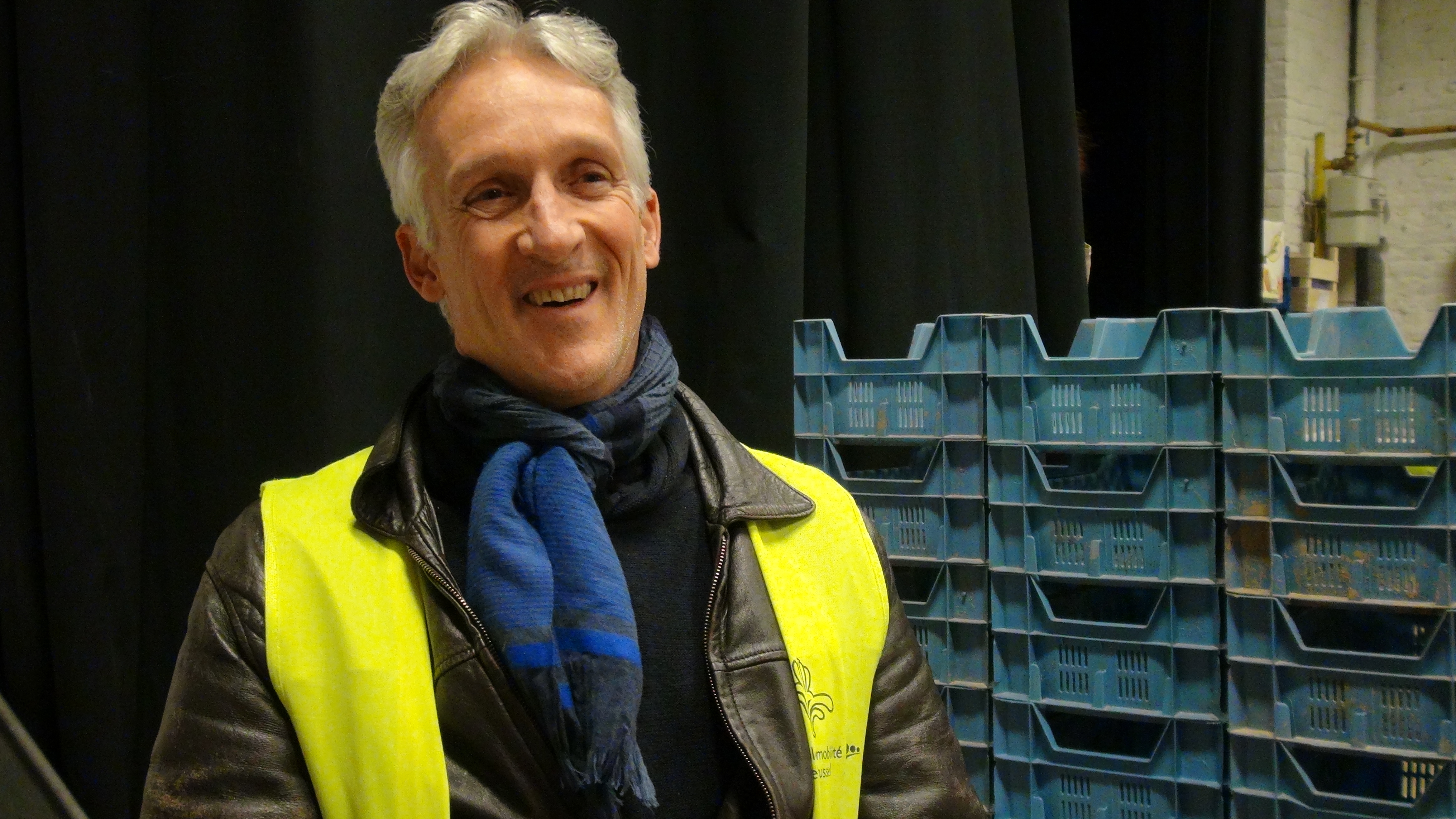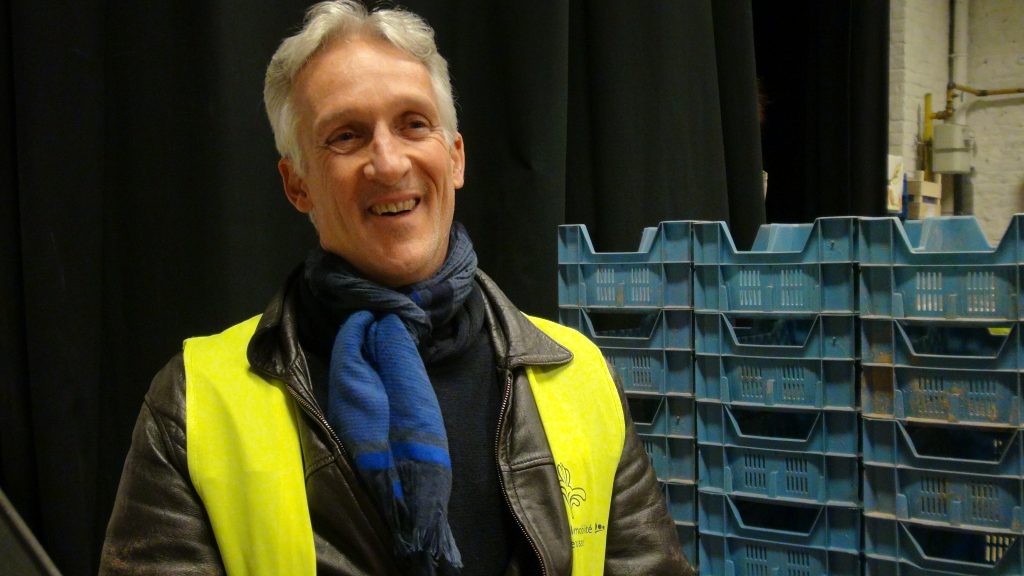
There is always something we can do to contribute to the change we want to see in our world. One of which is the way we consume our food. Christophe Nothomb, tells us about his experience of coordinating a network of solidarity-based buying groups in Brussels (Réseau des GASAP) and how it challenges our consumption patterns, through this motivating story of change.
One of the things that had always struck Christophe Nothomb, is the amount of choice we have every day when we go to the store or the supermarket. We know that this is not a reality for everyone in the world, and “it is disturbing to see [how] an awful amount of waste is [often] produced”. The way we consume and produce our food today in Europe, he observes, is not sustainable. But there are several ways in which we, as citizens, can act to reverse such trends, while fostering solidarity and care for the environment.
The GASAP Network (Groupe d’achat solidaire de l’agriculture paysanne) is a solidarity-based buying group, which seeks to create a link between producers and consumers in a relationship of mutual support and commitment. It is usually a group of neighbours, from 15 to 25 people, who commit to buying part of the production of a local organic farmer. While the farmer provides locally and sustainably grown food through organic and agroecological methods, consumers make sure that the farmer gets a stable, decent revenue for his/her production. The initiative also allows for valuable and meaningful interactions to happen, as the members of the group organize, share tips, recipes and information, and foster a sense of community. “It also increases our awareness on the reality of the producers, which is often difficult, and makes us understand that we can have real impact on the quality of that”, adds Christophe.
When thinking about how participating in a GASAP and coordinating the network has changed him personally, Christophe highlights that, as an individual, he has grown more aware of how his food consumption choices have a real impact, both on the environment and on those who produce the food we eat. “It made me realize how important it is to look at where the food is produced, how it is produced and to understand its carbon footprint on the environment; I don’t buy things in the same way”, he says.
An alternative is possible. The first GASAP was launched in Brussels about 10 years ago, in 2006. Today there are more than 90 solidarity-based buying groups spread throughout the city. “We see that these groups are spreading slowly, following a sort of snow-ball effect, one that is part of a global and diverse movement with different initiatives and proposals for alternative food production and supply systems”.
Being confronted to the realities of the producers today and taking the risk to change our individual habits when it comes to food, can have help us realize the true power that lies in our hands as citizens to get together, organize and thus contribute to changing the world’s trajectory.
Learn more about the GASAP Network: http://www.gasap.be/
Watch the video below:
French version here.

